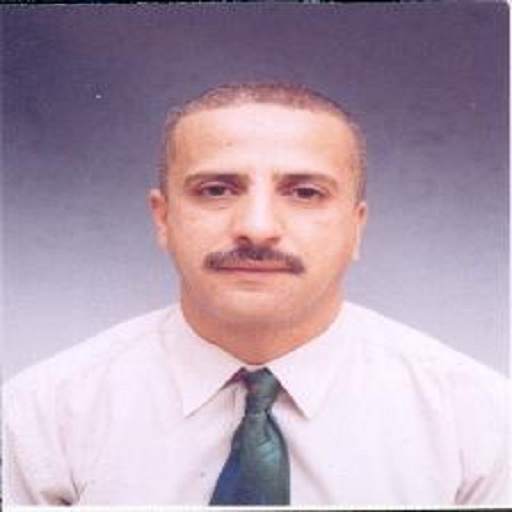Topics
Applied Physics: Lasers and Accelerators, Condensed Matter, Soft matter and materials science

Title: Characterization and Durability of Emerging Polymeric Encapsulant Materials for Photovoltaic Modules: Situation and Perspectives
Abstract: The properties of the encapsulant are critical to the long-term performance of photovoltaic (PV) modules under the influence of sunlight including UV, elevated temperature, humidity and diffusion of oxygen. The 30-year lifetime objective is particularly challenging for an organic encapsulant. Encapsulation process represents about 40% of the whole cost of the PV module. The properties of the encapsulant are critical to the long-term performance of photovoltaic (PV) modules under the influence of sunlight including UV, elevated temperature, humidity and diffusion of oxygen. Encapsulation process represents about 40% of the whole cost of the PV module. The introduction of new non-EVA encapsulant material type Low-Cost, High-Performance should provide a solution to outdoor yellowing degradation problems. The emerging encapsulant materials such as polyolefin (PO) and Nanostructured transparent polymer (NSTP) are a very promising challenge for PV conversion and exhibit a good compatibility with emerging PV devices for long term durability. This new generation of encapsulant materials has the advantage to improve the PV module performances and long term durability for specific climate like desert regions. This scientific contribution presents an overview of the different encapsulant materials currently on the market and their chemical functionalization with nanomaterials. The general requirements of the emerging encapsulant materials and characterizations techniques for degradation diagnostic and reliability lifetime estimation in the framework of Algerian renewable energy strategy will be described.
Bio: Dr. Kamel Agroui is a Research Director at Semiconductors Technology for Energetic Research Center (CRTSE). He has published in the areas of photovoltaic (PV) module characterization and polymer encapsulant materials analysis. This author became a member of technical committee 82 at International Commission of Electro technique (IEC) in the field of PV components standardisation.
Applied Physics: Lasers and Accelerators, Condensed Matter, Soft matter and materials science
Organizing Committee will send each paper to 3 independent reviewers, experts in the area of the paper. So, each paper will be evaluated by three independent experts according to the following Criteria...
Registration Fees...
The Proceedings of APSAC will be published by...
The Conference will be held in the...
The Proceedings of APSAC will be published by...
Check our Special Sessions here
Call for Sessions, Workshops, Minisymposia
We encourage you to participate in our conference with a Session,
Symposium, or Workshop. There are several benefits for the organizers:
1. A Honorarium for the Special Issue organizer (i.e. Guest Editor) provided that his Special Issue will collect a minimum of 5 registered papers He can use this Honorarium to travel to the conference!
2. Successful Special Session organizers will be included in the Steering Committee of the conference of the next year.
3. Successful Special Session organizers will receive a volume in Hard Copy of the Proceedings of our previous conferences.
4. Successful Special Session organizers will receive a Certificate for the organization of their Special Session by the General Chairman.
5. Successful Session organizers will be elevated to Plenary Speakers for our conference of the necxt year.
6. Their sessions and their names will appear on the web.
If the authors have already uploaded the same papers independently via the web, then, these papers cannot be considered for your Special Session, Workshop, Minisymposium.
Send us the Title / Organizer / Aim / Topics for your Special Session
by email: apsac.conference@gmail.com like these examples
Copyright © - All Rights Reserved - APSAC